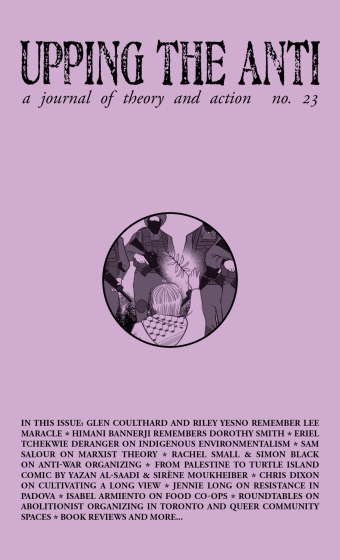Lessons from the 2022 Hungarian Election
“Activism in Dark Times” by Adrien Beauduin and Sara Swerdlyk was published a year ago, and unfortunately, not much has changed for the better in Hungary. The parliamentary elections held on April 3, 2022 brought about another landslide victory for Viktor Orbán’s Fidesz party, which again has a supermajority in the Hungarian parliament, enough to continue its arbitrary legislation and the building of what it refers to as the Nemzeti Együttműködés Rendszere (System of National Cooperation), an illiberal regime in the heart of Europe. The alliance of the various forces of Fidesz’s opposition did not yield the desired results as it failed to rally each party’s voters behind the loose and conflict-ridden cooperation.
On the contrary: the opposition actually lost a great number of supporters (about 800,000–850,000), the majority of whom in all likelihood migrated to Fidesz or to the neofascist Mi Hazánk (Our Homeland) party. In fact, a great number of the lost voters were those of the former far-right Jobbik party—now a member of the allied opposition—which has been trying to tone down its agenda in the hope of growing a wider voter base. Among leaders, members, and supporters of the opposition, a great deal of hopelessness and desperation reigns. Nobody seems to have a clear idea about how to continue. And nothing seems to hinder Orbán’s might: not the fourth highest number of COVID-deaths in the world per capita (surpassing 46,000 in a country of 10 million), not his decade-long friendship with authoritarian leader turned mass murderer Vladimir Putin, not even a soaring inflation rate of over 13 percent on food items since March 2022.
The crushing defeat is all the more painful as the opposition was supported by what has perhaps been the biggest activation of civilians and civil organizations in the country’s recent history: from the Nyomtass te is! (Print it Yourself!) movement that tries to deliver fact-based news withheld or manipulated in pro-government media to small villages to the 20K22 initiative which organized more than 20,000 people to be members of the vote-counting committees in almost every single riding in Hungary. But as opposed to the 2019 municipal elections, in which left-wing activism brought some electoral success across the country, 2022 was, unfortunately, a fiasco.
In the capital, however, there are small victories. Most notably, the activist-led door-to-door campaign of András Jámbor, with a distinctly leftist agenda focusing on the lack of affordable housing in Budapest’s 8th–9th district, yielded an impressive individual victory. Jámbor’s campaign was organized by Szikra Mozgalom (formerly Szabad Budapest), with help from other local civil society organizations such as C8 (Civilians for Józsefváros) and marked support from the 8th district’s independent mayor, András Pikó.
Many wonder now if there are any lessons to be learned from all this. Are any of the problems and thoughts of activists expressed in the previous issue of Upping the Anti validated or, on the contrary, discredited by recent developments?
At least one of the biggest leftist dilemmas seems to have been resolved: there is no need to try to reconcile the leftist agenda with right-wing would-be Jobbik voters. At least, not in the broad sense of accepting even the “authoritarian fascist” Jobbik members, as Z put it in the article, in order to defeat Orbán. Instead, the left should finally find its own voice and link its most burning ideological agendas—authoritarianism, the untenable situation of workers, the kleptocracy and corruption of Orbán’s regime—with the burning socioeconomic issues that plague Hungarian society. The opposition did not “scare away” right-wing voters with a clear leftist agenda, so I do not see why we should not embrace leftist ideals and say them out loud.
Another lesson of the elections was that civil society organizations’ activities, even if they are actively anti-Orbán, do not necessarily translate into electoral anti-Fidesz votes in their area of activities. However, it was civil society organizations, and not political parties, that encouraged voters to cast an invalid vote during the homophobic referendum (which was held at the same time as the parliamentary elections) and they had a strong effect: the referendum was invalid, with 1.6 million voters clearly spoiling their ballots at the urging of activists, despite a strong governmental campaign financed with billions of Hungarian forints. Even in ridings where Fidesz won the parliamentary election, voters seemed to have understood the message of the activists that the referendum was manipulated and cruel. If they managed to understand this, they could be offered other messages of solidarity and compassion that local activists are the most authentic actors to voice. And with that in mind, maybe even the most gigantic task could be achieved: the dismantling of an authoritarian regime that enjoys huge popular support.

